“One would assume that butchers eat a lot of meat – and when did you last see a healthy-looking butcher?’ says columnist CLIVE WILLIAMS.
OUR family’s New Year’s resolution is to have a less extravagant Christmas lunch in 2021. It will have no poultry or red meat and instead just have Australian and NZ seafood.
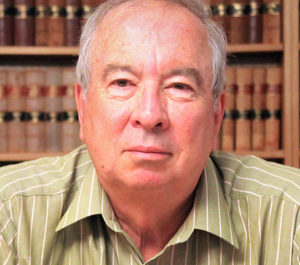
Years ago, we also stopped giving presents at Christmas for a considerable economy in unwanted gifts.
This year we started our Christmas lunch with a few Sydney rock oysters, then (for the first time) had gravlax (raw salmon – ours was from NZ – marinated in vermouth, with garlic salt, sugar, and dill), followed by Australian cooked prawns with sourdough and butter, and a selection of salads.
After that we had pretty much run out of appetite for ham and turkey and could have had a nap and gone straight on to Christmas pud and brandy butter.
There are, of course, more basic reasons why many people don’t ever eat poultry or red meat – including ethical, moral, environmental and health reasons. Some simply don’t like the taste of meat.
An ethicist would say that raising an animal for slaughter is a clear violation of an animal’s right to live its life in a natural way.
A moralist’s argument is that raising and killing animals for human consumption is morally wrong.
An environmentalist will argue that land clearing for farm animals is causing devastating damage to the environment. Animal agriculture is said to be responsible for more greenhouse gas than all the world’s transportation systems combined.
On the health front, medical research shows that people who eat red meat are at increased risk of death from heart disease, strokes and diabetes. Processed meats further increase the risk of death from these diseases.
One would assume that butchers eat a lot of meat – and when did you last see a healthy-looking butcher?
Which animals Australians eat is not very logical. It’s considered acceptable to eat cattle, sheep, goats, deer and kangaroos, but not dogs, cats, horses, wallabies, wombats, possums or most wild animals.
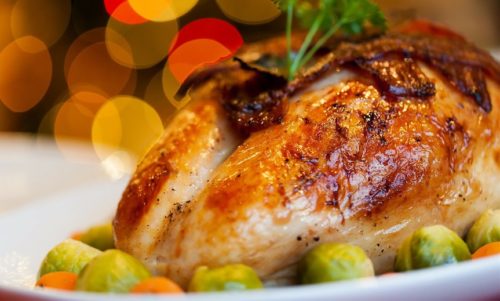
For those who like meat but are bothered about eating our wild or domesticated animals there are meat-substitute alternatives. Most supermarkets stock them.
In Australia, in 2019, CSIRO in partnership with fast-food chain Hungry Jacks launched v2food, a plant-based meat alternative. Both Woolworths and Coles carry it.
The manufacturer notes: “v2mince is our most versatile product yet. Designed to look, cook and taste like beef mince, v2mince delivers on the flavour you know and love, in a format that lets you experiment with a range of cuisines and recipes. Whether you’re whipping up a pasta sauce or dumpling filling, v2mince is a seamless and delicious choice.”
Quorn is another meat-substitute. It originated in the UK, and again is sold by Woolworths and Coles.
All Quorn foods contain mycoprotein as an ingredient that is derived from the fusarium venenatum fungus. The fungus is fermented in order to grow the mycoprotein, which is then made into various Quorn products, including quite tasty “meat” mince and sausages.
The next development could be lab-grown meat, or “clean” meat. It’s produced by taking a small sample of animal cells and then replicating them in a lab. Clean meat is healthier, produces far fewer greenhouse gas emissions and has many advantages over conventional meat, including less saturated fats, no antibiotics, no bacterial or viral contamination and no growth hormones.
The main challenge will be reducing the cost of clean meat to be competitive with conventional meat and meat-substitute products. For health reasons alone, clean meat could change the way we eat meat in the future. Perhaps “Star Trek’s” food replicator is not so distant a possibility after all.
Clive Williams is a Canberra columnist
Who can be trusted?
In a world of spin and confusion, there’s never been a more important time to support independent journalism in Canberra.
If you trust our work online and want to enforce the power of independent voices, I invite you to make a small contribution.
Every dollar of support is invested back into our journalism to help keep citynews.com.au strong and free.
Thank you,
Ian Meikle, editor

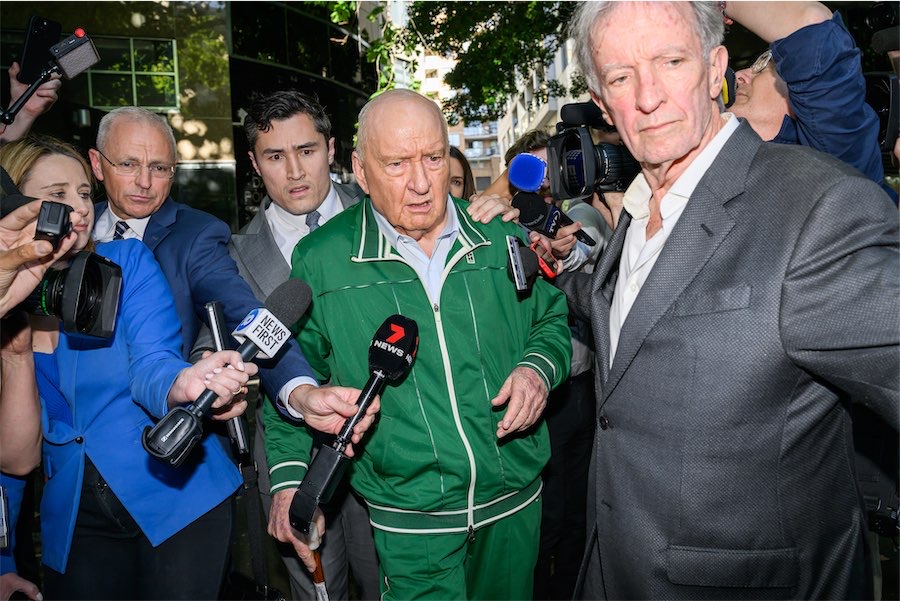
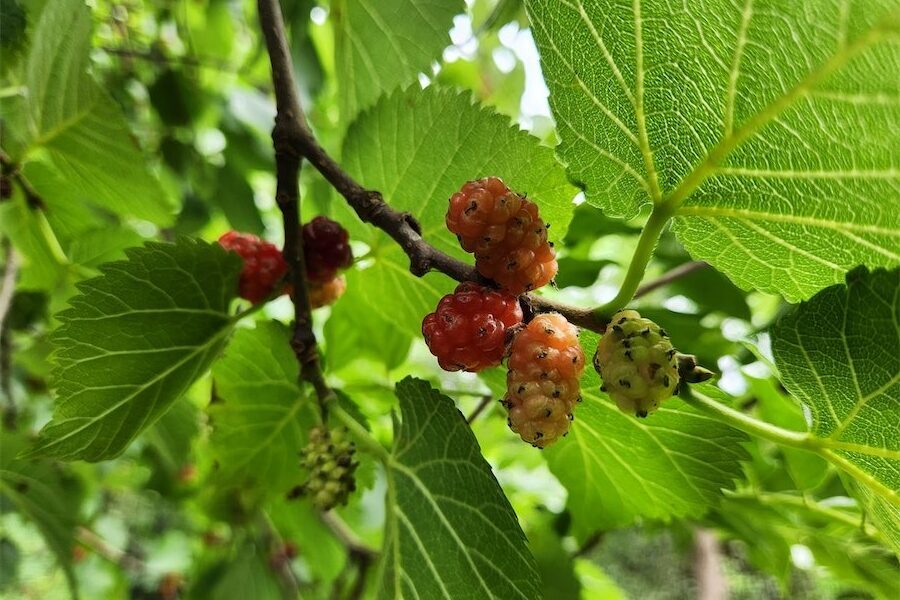
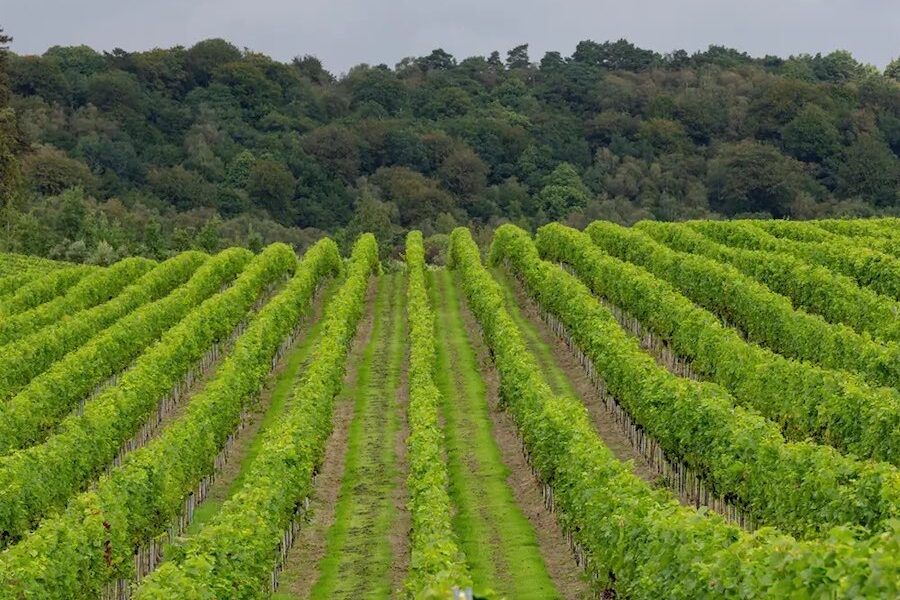

Leave a Reply